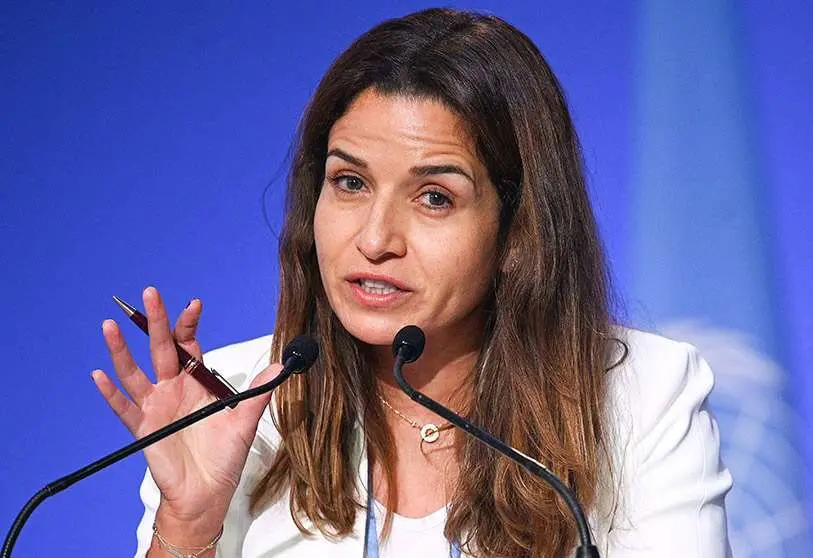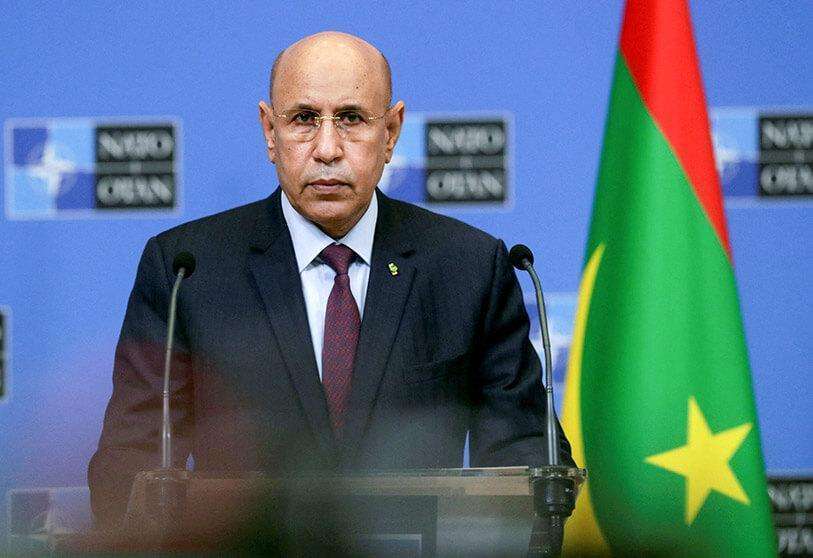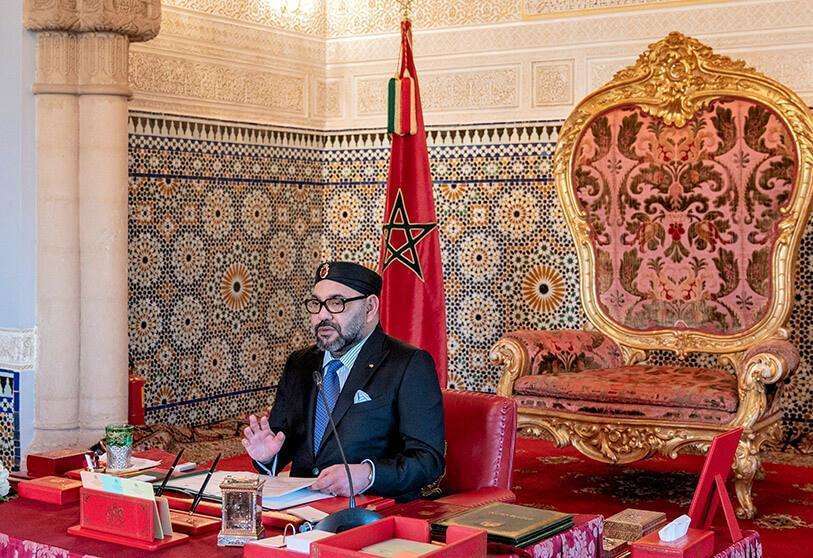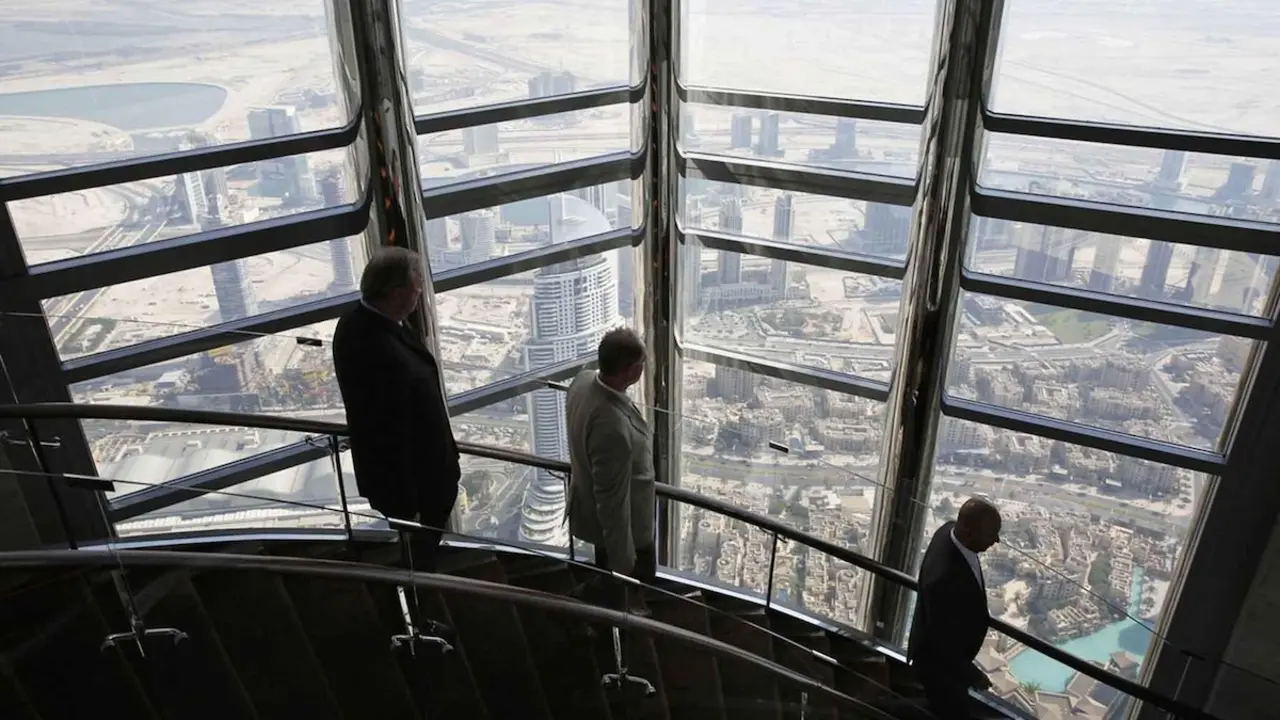Marruecos: las políticas energéticas de desarrollo se expanden por África

Morocco's energy development in recent years is so significant that cooperation with other nations to boost the African continent is the order of the day. This time, the Minister of Energy Transition and Sustainable Development, Leila Benali, highlighted the fruitful cooperation between Morocco and Mauritania in the fields of energy, mining, environment and sustainable development. During a meeting in Rabat, the President of the National Assembly of Mauritania, Cheikh Ould Ould Ahed Ould Bayeh, and Ms Benali emphasised that the main focus of the partnership is the strengthening of the legal framework.
In pursuit of a sustainable future, Morocco, which has set itself the target of producing 52% of its energy production through sustainable development by 2030, envisages, and this was proposed at the meeting, that the training of executives and the exchange of knowledge with Mauritanian specialists in the sector is one of the pillars on which the project should be based. Sheikh Ould Ahmed Ould Bayeh visited Morocco at the head of a high-level parliamentary delegation. During this visit, the President of the Mauritanian National Assembly met with several Moroccan officials.

On the basis of the agreement signed in March concerning the understanding on the preservation of the environment and sustainable development, on the occasion of the 8th session of the Moroccan-Mauritanian High Joint Commission, which enabled the two countries to sign thirteen bilateral agreements, not forgetting the signing on 15 October of the memorandum of understanding on gas and electricity, the protocol of agreement on the Nigeria-Morocco gas pipeline between the National Office of Hydrocarbons and Mines (ONHYM), the Nigerian National Petroleum Company Limited (NNPC) and the Mauritanian Hydrocarbons Company (SMH), which will affect the fourteen countries of the African Atlantic coast.
Minister Benali also called for an acceleration of the signing of the various strategic agreements between the two countries in the fields of electricity, renewable energies and electricity links. The ultimate objective is to give a boost to bilateral cooperation in the field of energy, while exploiting the various opportunities that exist in other areas of common interest to both States. She also explained to the Mauritanian official the main strategies and projects carried out by the Kingdom in the fields of energy and sustainable development, while recalling the excellent relations translated into constant dialogue between Nouakchott and Rabat.

In this regard, she stressed the importance of exchanging experiences and knowledge to further promote these relations, recalling the strong and fraternal ties of cooperation that unite the two countries, in accordance with the high guidelines of the King of Morocco, Mohamed VI, and the Mauritanian President, Mohamed Ould Cheikh El Ghazouani. As Africa is the continent with the fastest growing population, at around 2.5% per year, which means that in about 30 years it will have doubled to 2.6 billion inhabitants by 2050, the energy development could be one of the most significant in history. Africa will thus be the world's reservoir of young people.
In continuous development and growth, Africa is set to become one of the most important logistical and energy centres, not only because of the raw materials it possesses, but also because of the enormous potential for development that lies ahead in all areas. This is why proposals such as those made by the Kingdom of Morocco are of continental scope, as they provide great help to its neighbours and allow, as is the case in the North African country, both the economy and sustainable development to be a goal that is increasingly closer, easier to achieve and, above all, signifies a before and after in a continent that deserves better consideration.








